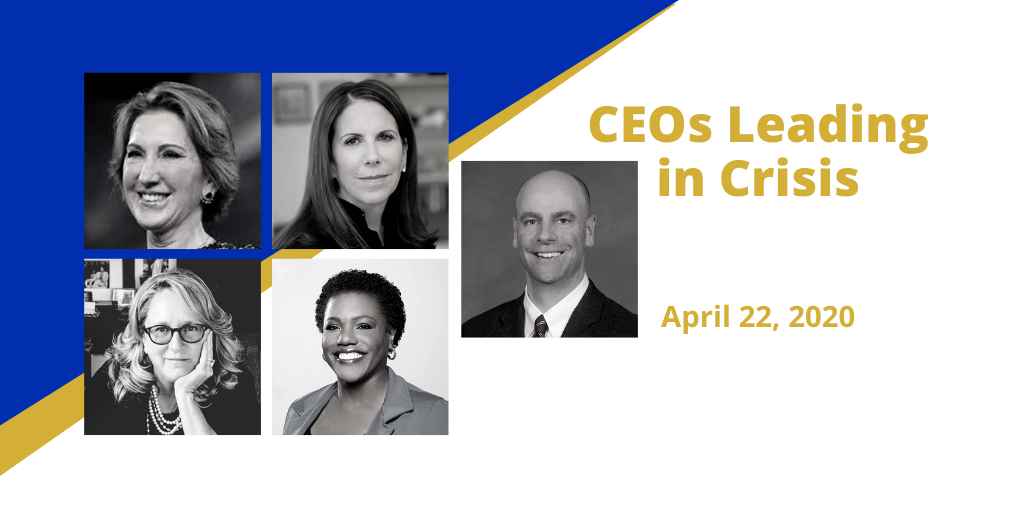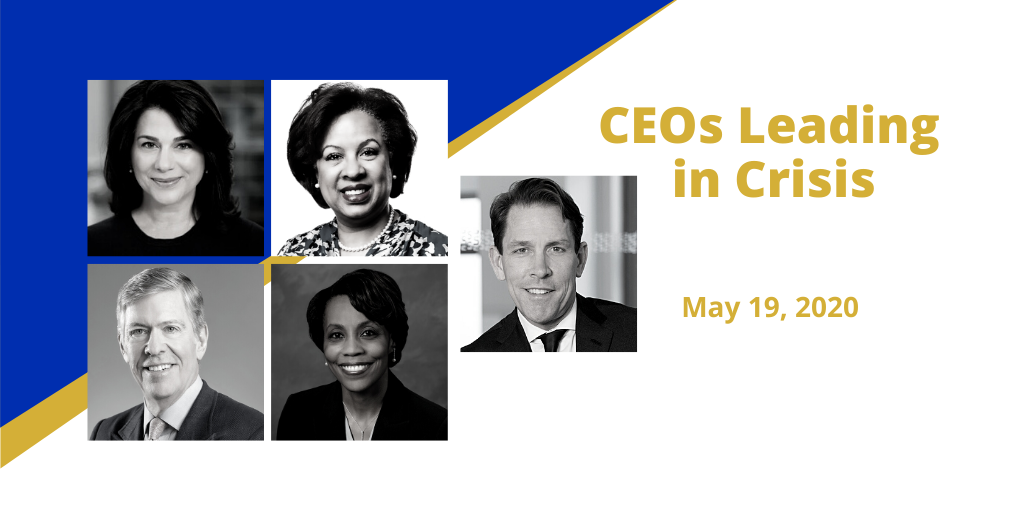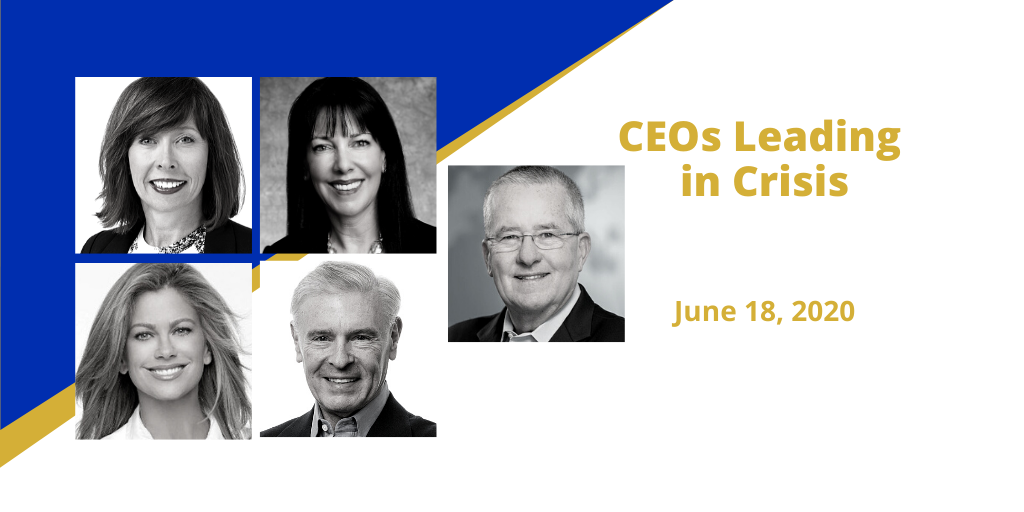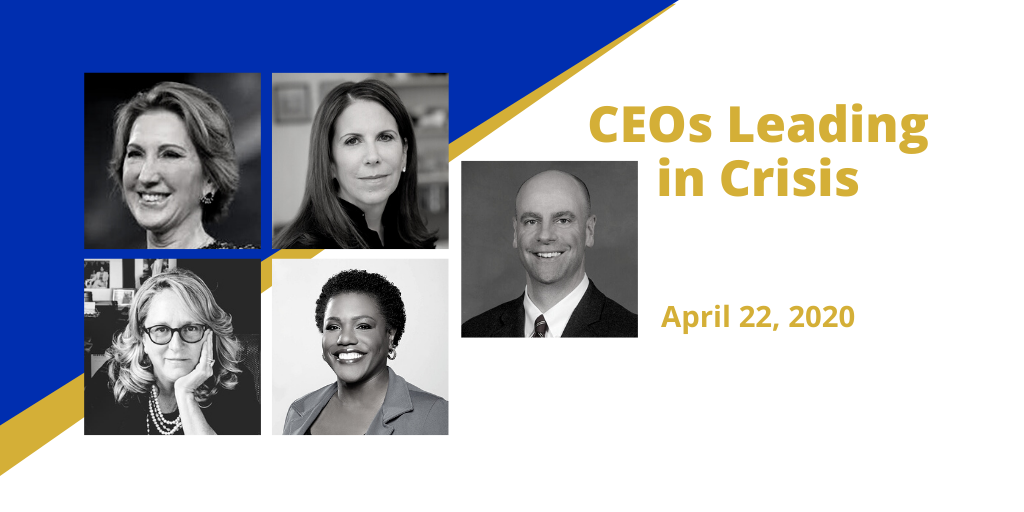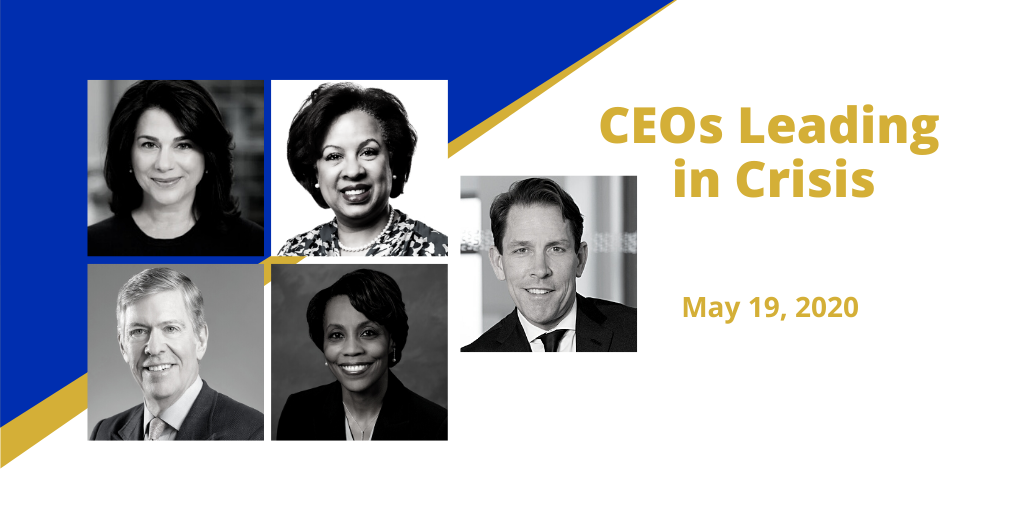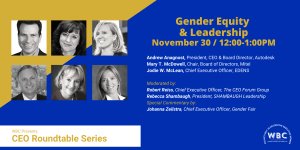
This piece was published in Forbes Online on December 31st, 2021
As we are ready to usher in 2022, I am reminded a decade ago, back in 2012, when I wrote in my Forbes column that we needed to get to 50 Fortune 500 women CEOs. Today, as the movement is gaining momentum, I’ve been thinking about once we achieve that goal, how we can free corporations to lead the charge for a better society … a society where innovation thrives through diversity, where all doors are open for everyone to bring their full self to work, where the first response is true listening, open-mindedness and potential for collaboration. We now are entering, I believe, an epoch where enterprises can be the model citizens who usher in what I believe can become the ‘Age of Possibilities’.
In an effort to create dialogue, on November 30, 2021 I co-moderated for Women Business Collaborative a CEO roundtable with three thought leaders:
· Mary T. McDowell, Chair, Board of Directors, Mitel
· Andrew Anagnost, President, CEO & Board Director, Autodesk
· Jodie W. McLean, Chief Executive Officer, EDENS
Jodie McLean shared her advice to women, “Women are more reluctant than men to say yes to a work assignment. Even though men are 65% ready to take the risk, they often accept the opportunity, whereas women won’t, even if they are 99% ready. My advice is to take the shot! You may not make the goal, but you will never know for sure if you don’t say yes. Finding the right partners at work and in life—and with whom you can be open and transparent about your ambitions and what you want to accomplish and rely on their support as well as their honest feedback—will also set you on the path to success.”
McLean then shared her vision for workforce diversity, “Importantly, I envision a workforce of people who are comfortable bringing their whole selves, because this is where innovation really starts. In the spring of 2020, riots and street protests were having an impact on many of our properties, just as our retail partners were re-opening and learning to navigate COVID-related restrictions. Our people need safe places to have really hard discussions as to the “why” and “how.” After we conducted small group discussions for our staff around diversity and inclusion, more employees developed confidence in these moments of uncomfortableness, and as an unexpected bonus, we started to hear much more empowered voices at work. People were asking questions and coming forth with ideas where they might not have been empowered to share prior.”
Andrew Anagnost brought in the idea that the key is change is incorporating one process that opens the door to a new flow of positive outcomes — creating a more structured decision-making process. This starts with bringing more voices to the table and allowing for true collaboration.
He also suggested that to bring gender parity we start with more diverse recruiting panels. And he shared the important role of the board, which is to keep management accountable; and clarified that boards should, “stick your nose in but not your fingers”.
Anagnost then gave a message about the future highlighting that we need to look forward because the most innovative companies – and, in fact societies — are built on integration of diverse perspectives, where 10 years out anyone can be what they want to be without stereotypes.
Mary McDowell summed up what the first step in an age of possibilities might look like, as we usher in the New Year by creating workplaces of equality, “My hope for 2022 is that we move from putting the burden of gender equity in the workplace solely on the individual and acknowledge the critical role of corporate and public policies. So often, especially in the United States, we counsel a woman to “speak up” and “lean in” or that she can “have it all” if she just puts her mind to it. And while individual drive and accountability are certainly part of the equation, the number of talented, driven women that have dialed back their careers or left the workforce entirely during the pandemic make it glaringly obvious that it’s not enough.
Companies must support and develop female leaders in ways as simple as fostering networking groups or investing in targeted training for women and as meaningful as reevaluating their family leave and vacation policies. And at the macro level, public policy needs to support the real needs of working parents if we are ever to achieve true gender equity in the workplace.”
In summary, I believe the world of the next 100 years to a great degree depends on what we do over the next 10 years. Organizations have the structure, the resources and the potential to lead the world forward. That starts with removing biases and listening to all with a mindset of true inclusion and complete diversity, which sets forward great innovation and collaboration. This will elevate corporations to become companies of purpose, and open the door to what I believe can be a true “Age of Possibilities”.



